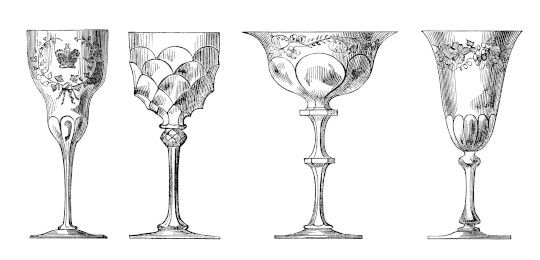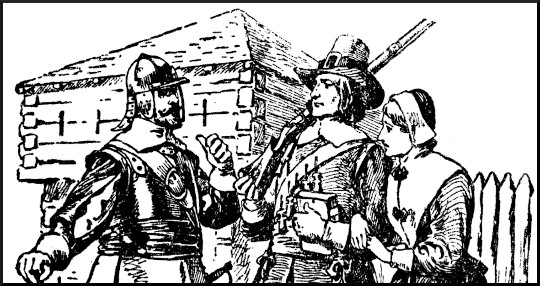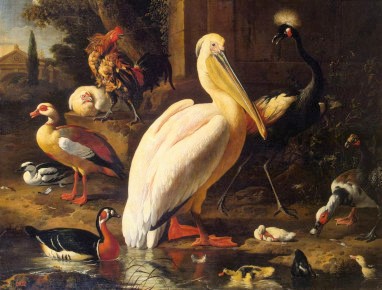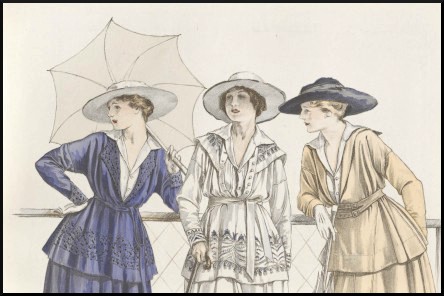James Baldwin? Norman Mailer? Apocryphal?
Question for Quote Investigator: Individuals who consider themselves to be pure in heart are unable to recognize their own flaws. This can lead to wrong-headed and disastrous actions. The prominent novelist and essayist James Baldwin once made a comparable point about benighted self-assessment. Would you please help me to find a citation?
Reply from Quote Investigator: In 1961 James Baldwin published an essay in “Esquire” magazine that was sharply critical of fellow author Norman Mailer. Baldwin included the following cogent remark. Boldface added to excerpts by QI:1
No one is more dangerous than he who imagines himself pure in heart; for his purity, by definition, is unassailable.
Below are additional selected citations in chronological order.
Continue reading “Quote Origin: No One Is More Dangerous Than He Who Imagines Himself Pure In Heart; For His Purity, By Definition, Is Unassailable”




